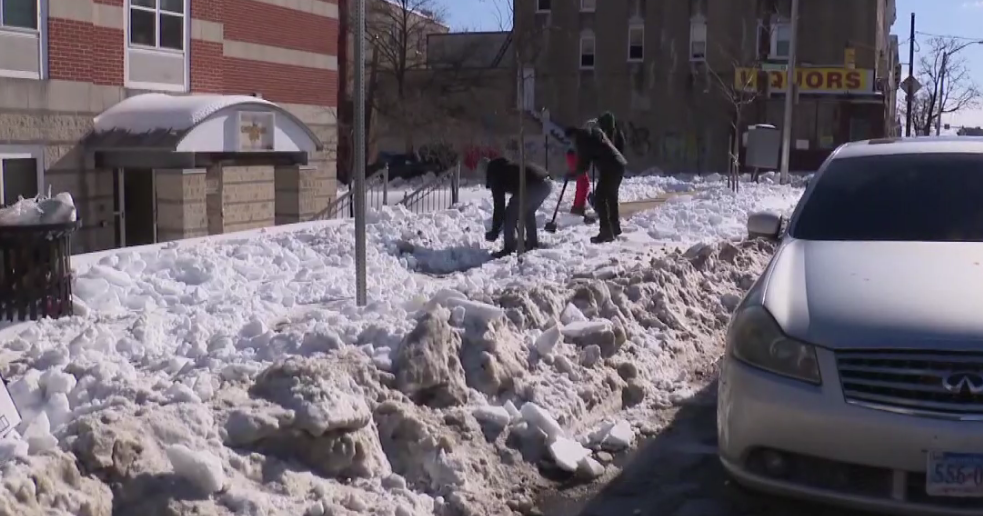Inflation is fueling an increase in home heating costs, but there are ways to save
Norwalk, Connecticut — Higher fuel prices are expected to make this a tough winter for homeowners. Nationwide, families can expect to pay nearly 18% more to heat their homes this winter, according to the National Energy Assistance Directors' Association.
Compared to last year, heating oil is up 25% and natural gas increased 31%, costing homeowners hundreds more.
Lorenzo Wyatt, who owns Home Comfort Practice, which teaches people how to reduce their energy costs, blamed supply and demand.
"You have a global market for energy, for oil, natural gas, and then those costs have gone up because there's shortages," Wyatt said.
Drew Todd used to pay about $2 for a gallon of oil to heat his home in Norwalk, Connecticut. Due to inflation, the cost to fill his 100-gallon tank has more than doubled.
"I think it's going to hit seven bucks, in my opinion," Todd said, adding that he cannot afford that and will have to rely on "extra sweatshirts" and "extra blankets" if it gets really cold this winter.
After losing his job in March, he applied for a state grant to help pay his energy bill.
"We're going to keep it up as best as possible," he said. "We don't have a lavish lifestyle and we will do what we can."
Wyatt advises keeping the thermostat at 68 degrees, closing the fireplace damper, removing window air conditioners and keeping drapes closed.
"What you want to do is you want to keep the heat inside," Wyatt said. "So insulate the ceiling because heat rises. Insulate your walls, fill those wall cavities with insulation."
Todd is hoping some of those small adjustments will keep his family warm and his wallet fuller this winter.




